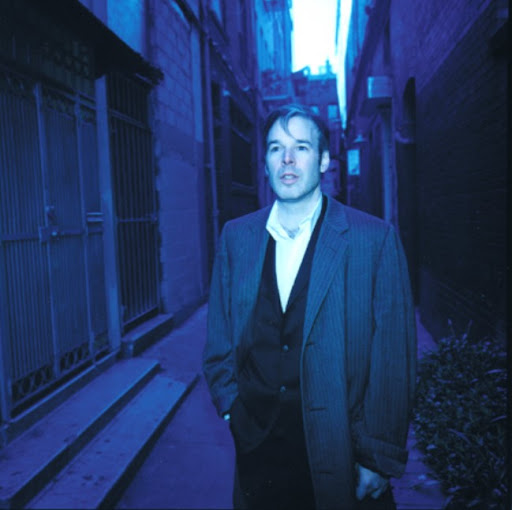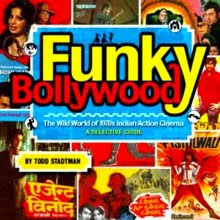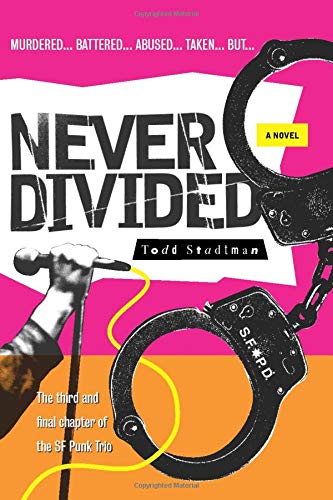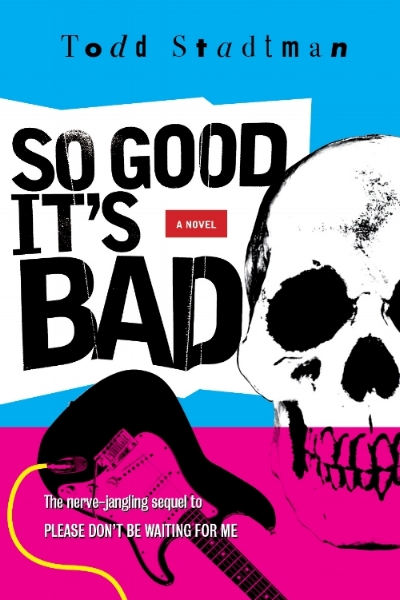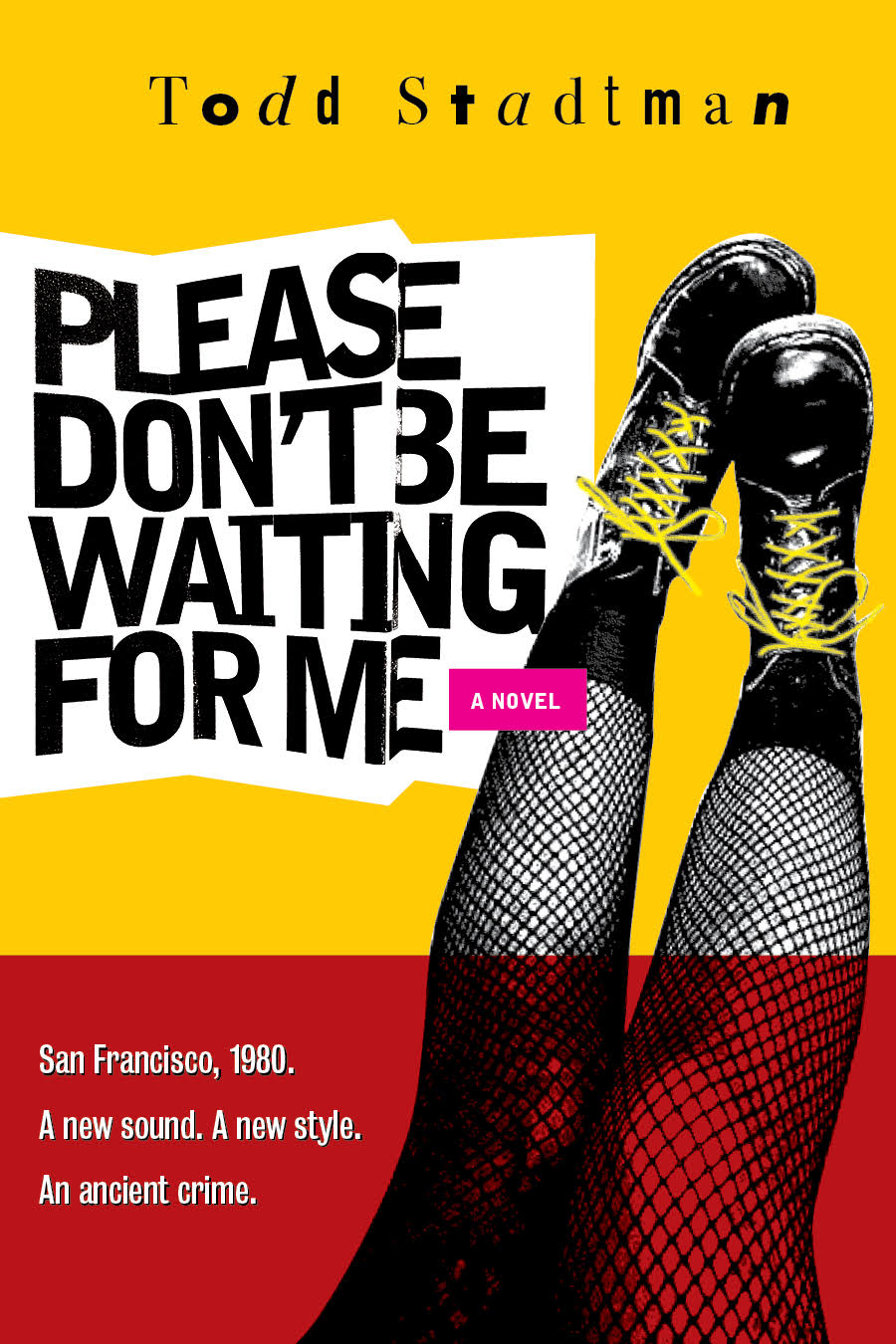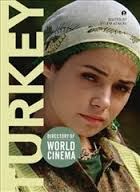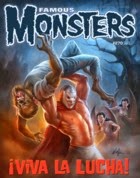For those of you now on the hunt for other quality Korean films or recent vintage, I can of course offer the same list of relatively recent hits that any Asian cinema fan will give you: JSA; The Good, The Bad, and The Weird; Sympathy for Mr. Vengeance; Snowpiercer; Old Boy; A Bittersweet Life; The Handmaiden; I Saw the Devil; Siri, etc. But I can also offer you a sampling of classic Korean films that are marked by the same combination of casual violence, personal drama and mordant humor that would seem to be a kind of stylistic trademark of Korean cinema as a whole.
The Housemaid (Dir: Kim Ki-Young, 1960). Kim Ki-Young’s insane tale of a model nuclear family exploded by the intrusion of an unhinged young woman into their carefully managed domestic sphere. An oft-referenced classic of Korean cinema.
A Devilish Homicide, aka A Bloodthirsty Killer (Dir: Lee Yong-Min, 1965). A chilling noir nightmare that slides between family horror and crime drama.
Devil! Take the Train to Hell! (Dir: No-shik Park, 1977) A stylish, Japanese-set revenge drama from actor/director No-shik Park. Here Park plays a blind musician who roams the back streets of Tokyo in the wee hours, using his preternatural martial arts abilities to exact revenge against the four former Japanese soldiers who robbed him of his sight and murdered his wife. Bo-Yeong Ahn makes a colorful sidekick as a similarly empowered village girl out for revenge against the same men.
Iodo, aka Io Island (Dir: Kim Ki-Young, 1977) Housemaid director Kim Ki-Young once again explores the realms of the sexes as alien spheres, this time by placing a beleaguered male protagonist within an isolated community of women. It’s a story that owes a seeming debt to Robin Hardy’s The Wicker Man, though it’s injected with enough of Kim’s own labyrinthine weirdness to make it indelibly his own.
 A Woman Chases the Butterfly of Death (Dir:Kim Ki-Young, 1978) Kim Ki-Young returns with this surreal rumination on death, possession and butterfly collecting.
A Woman Chases the Butterfly of Death (Dir:Kim Ki-Young, 1978) Kim Ki-Young returns with this surreal rumination on death, possession and butterfly collecting.The Hand of Fate (Dir: Han Hyeong-Mo, 1954) An interesting hybrid; part tragic romance, part political allegory, part spy thriller and part anti-communist propaganda. Made at a time when Korean cinema, along with Korean society as a whole, was struggling back toward recovery after the Korean War. It was, while not a commercial success, a technical step forward in terms of its crisp editing and challenging bifurcated structure. Not to mention that it featured Korea’s first onscreen kiss.
We cult cinema fanatics are nothing if not covetous, so I have to admit that, as one of many scribes who have been championing Korean popular cinema for years now, I have to admit to feeling a bit bereft now that Sunday’s Oscars has let the cat out of the bag. Sadly, Korean cinema is no longer the treasured little secret of myself and a few other like-minded film geeks—and that’s as it should be. Any commercial cinema as artful, technically accomplished, and bearing such a unique perspective as this deserves to be seen by as many people as possible.






